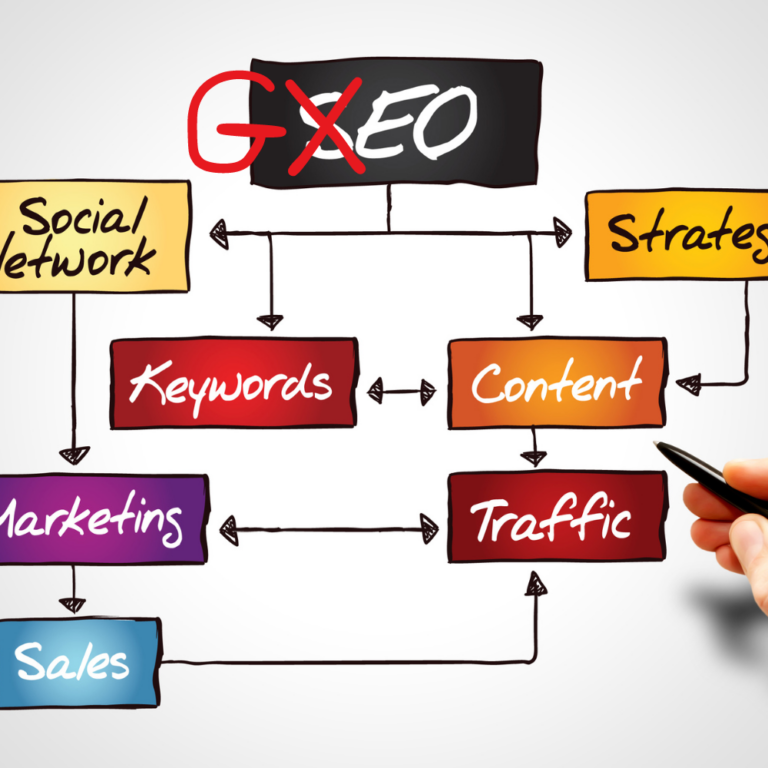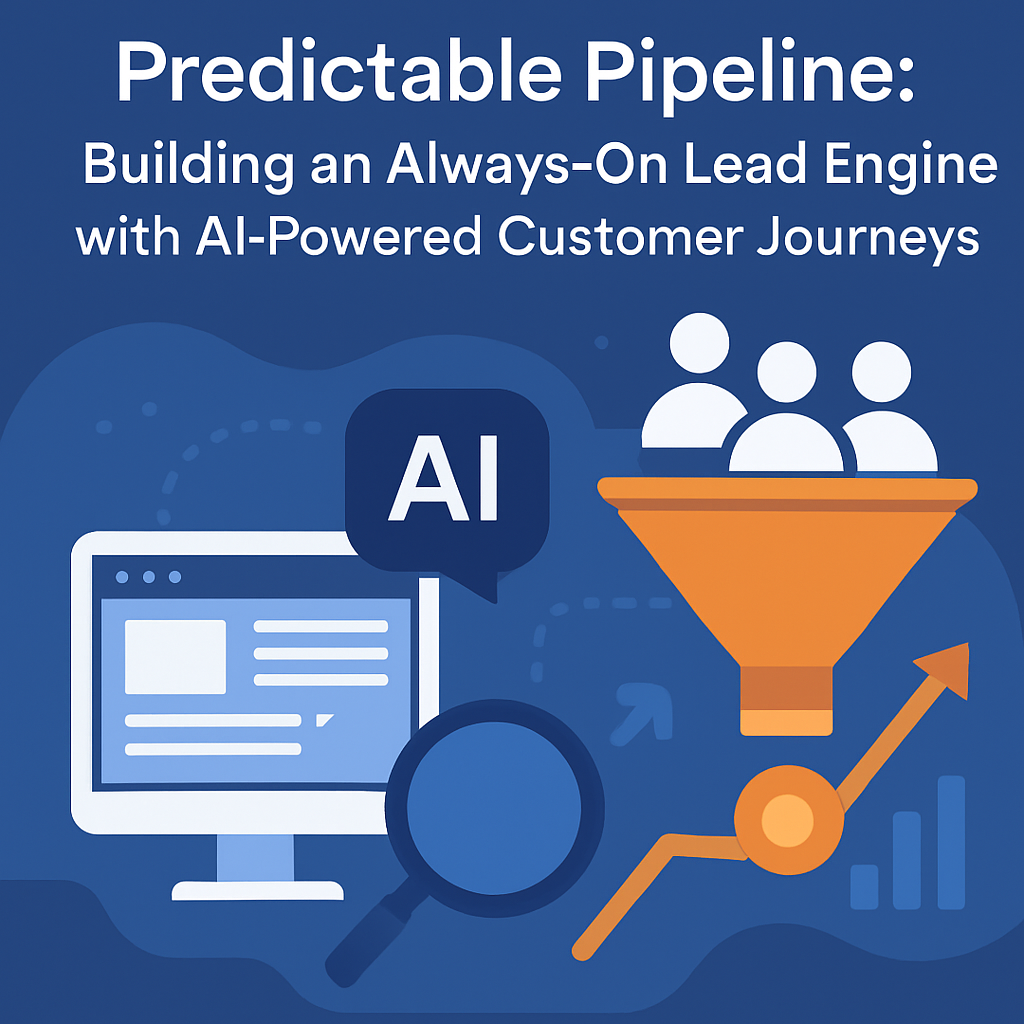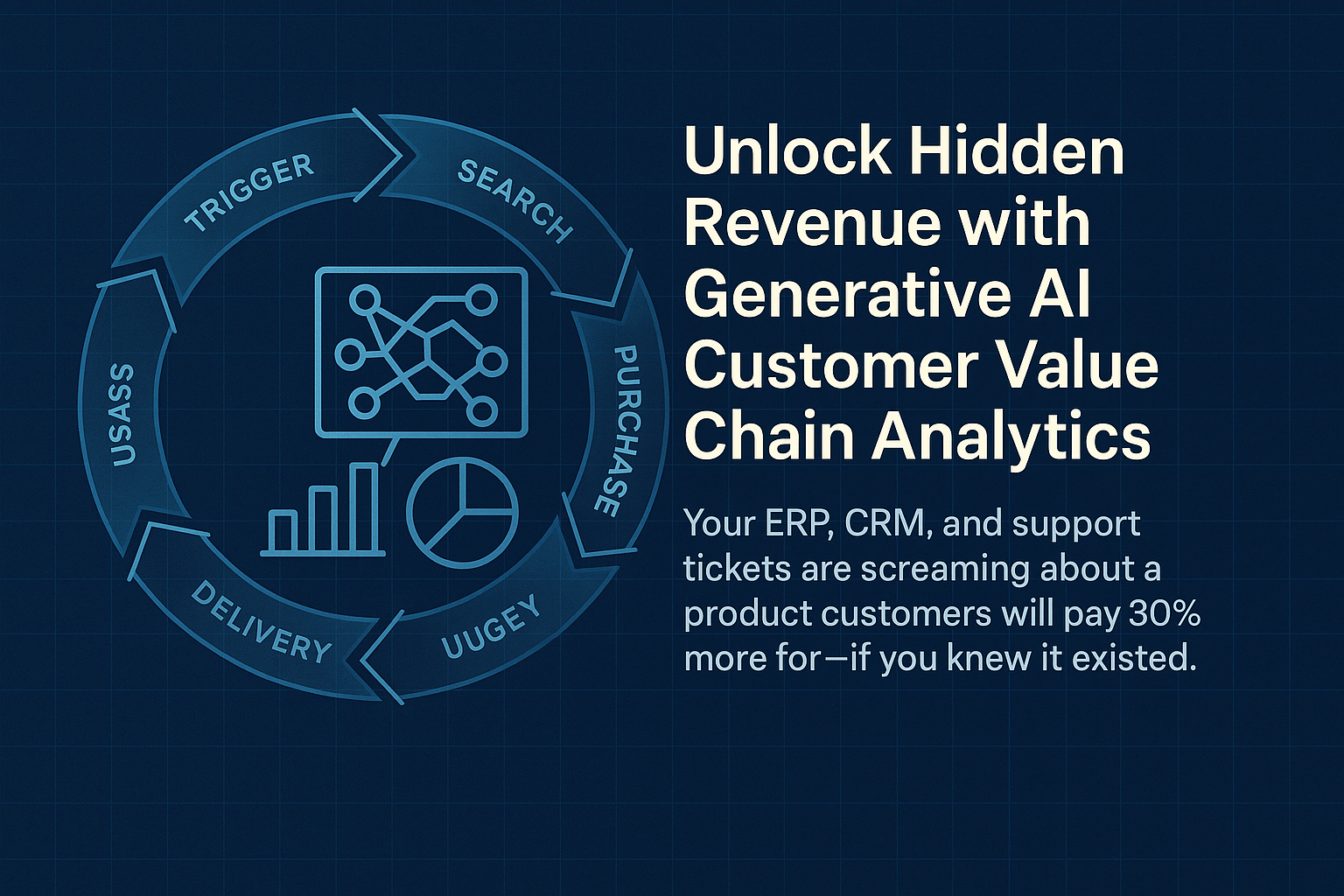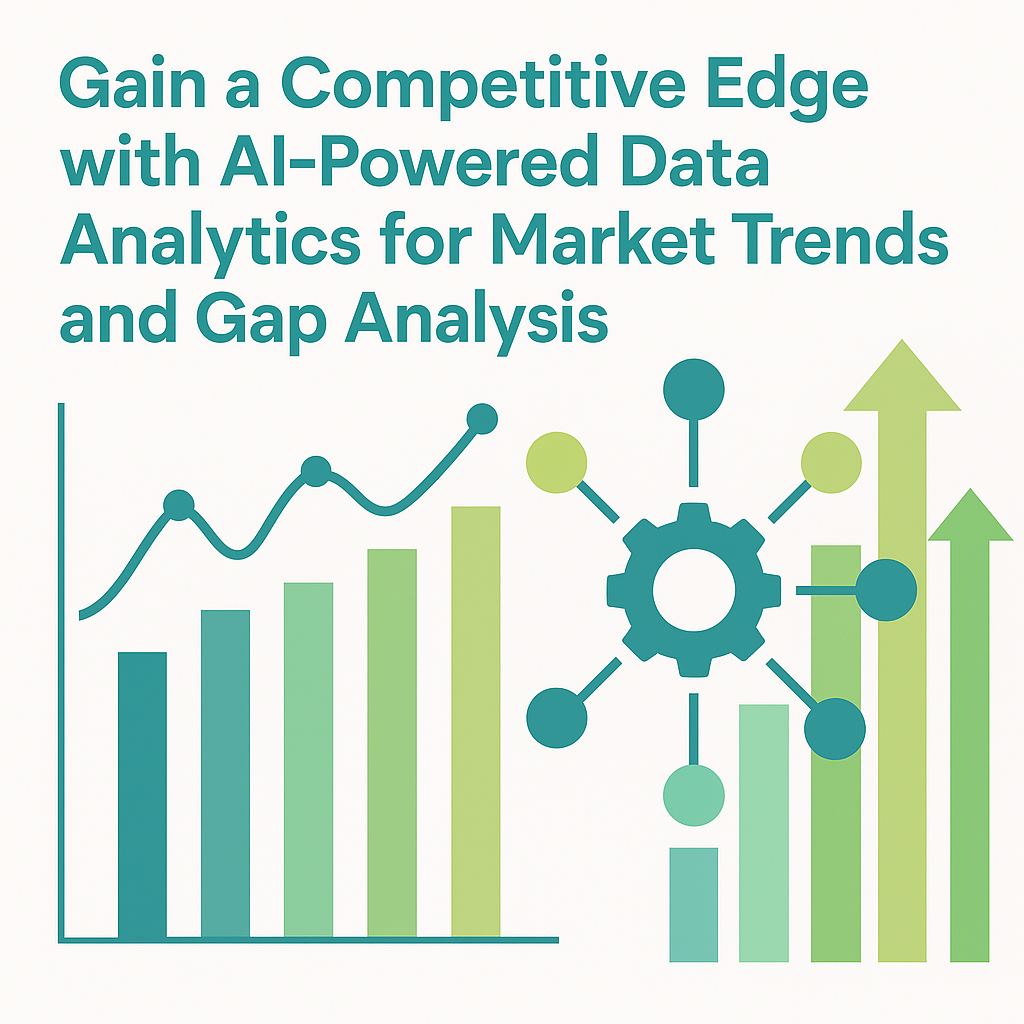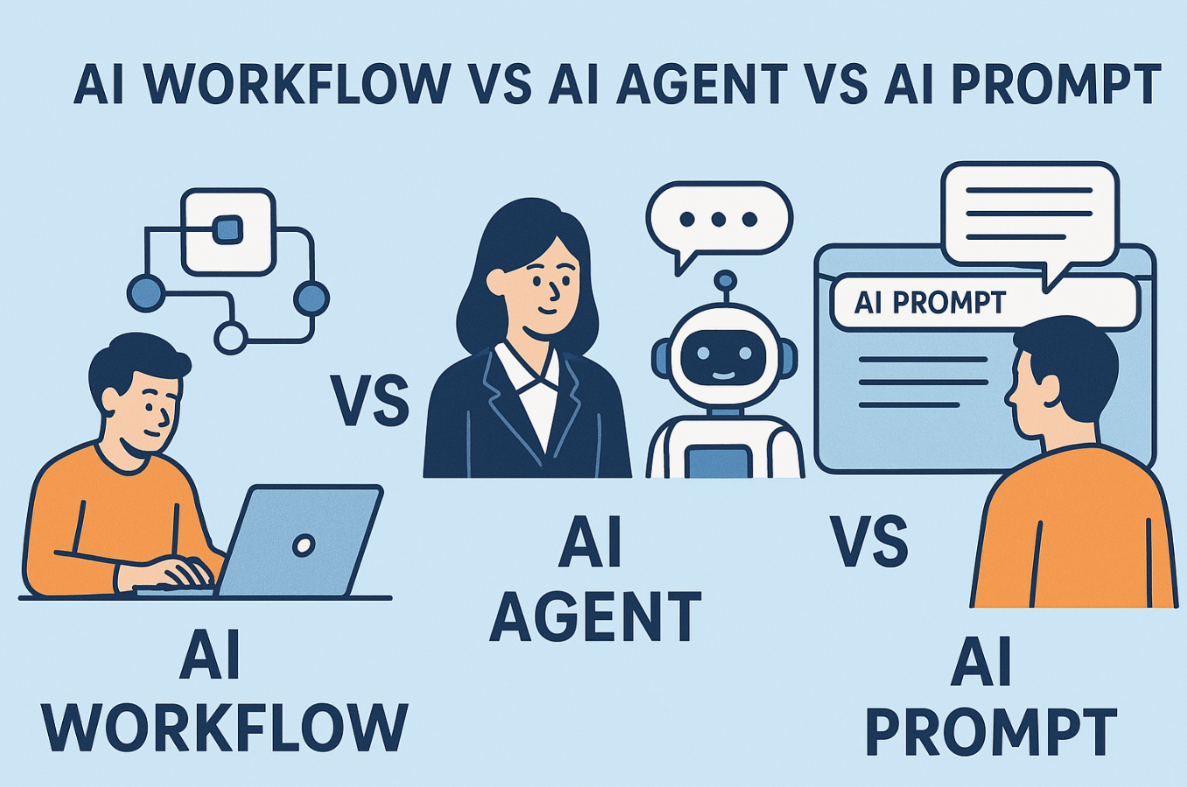In today’s rapidly evolving digital landscape, preparing for Generative Engine Optimization (GEO) is essential for any forward-thinking business. This article outlines practical strategies for keeping pace with the ever-changing search landscape. With our expert guidance, you’ll gain the confidence to adapt and thrive in the ever-changing marketing environment.
Preparing for Generative Engine Optimization involves several critical steps:
1) Understanding the fundamentals of GEO and its impact on digital marketing;
2) Integrating AI-driven content creation tools into your marketing strategy to enhance automation;
3) Regularly updating your SEO techniques to align with GEO advancements. These measures ensure your business remains competitive and proactive in a technology-driven marketplace.
Key Takeaways
- Understand the Basics: Understand what preparing for Generative Engine Optimization (GEO) looks like and how it can impact your business.
- Integrate AI Tools: Seamlessly incorporate AI into your marketing strategy for better content creation and automation.
- Update Regularly: Keep your SEO tactics fresh and aligned with the latest GEO trends to maintain a competitive edge.
You can apply these steps to your business practically to yield tangible results, and there’s so much more to learn about Preparing for Generative Engine Optimization.
The Essentials of Generative Engine Optimization
Preparing for Generative Engine Optimization (GEO) is not just a buzzword; it’s a pivotal element in modern marketing strategies. This advanced approach leverages artificial intelligence (AI) to predict trends and automate content creation, ensuring your marketing efforts are efficient and highly effective. Here’s why gaining a thorough understanding of GEO is crucial for any business aiming to excel in the digital era:
Understanding GEO
At its core, preparing for Generative Engine Optimization involves using AI algorithms to analyze data and predict what content will perform best. This allows for the automated generation of content tailored to your target audience’s needs and preferences. GEO goes beyond simple keyword stuffing and link-building; it understands the context and nuances of user interactions, making your content more relevant and engaging.
GEO vs. Traditional SEO: A Comparative Analysis
Predictive Insights vs. Reactive Adjustments: Unlike traditional SEO, which often reacts to past data, GEO proactively generates insights based on real-time data and trends. Generative AI in search is constantly evolving. What constitutes “best practices” for GEO might change rapidly, requiring ongoing adaptation. This predictive capability allows business owners to stay ahead of the curve, adjusting their strategies to align with upcoming changes in user behavior and search engine algorithms concerning GEO.
Why GEO is Essential for Your Business
- Enhanced Effectiveness: With its ability to predict and adapt, GEO can significantly improve the effectiveness of your marketing efforts. Content that resonates with your audience leads to higher engagement rates, more conversions, and, ultimately, increased revenue.
- Competitive Advantage: Following GEO practices gives you a significant advantage over competitors still relying on traditional SEO techniques. Anticipating trends can make your marketing efforts more agile and responsive to market dynamics.
Integrating AI into Your Marketing Strategy
As you begin preparing for Integrating AI tools into your marketing strategy is a suggested way to harness the full potential of Generative Engine Optimization (GEO). This enhances efficiency and ensures that every piece of content is precisely tuned to the demands of today’s search engines and user expectations.
Embracing Content Automation Tools
AI-driven tools are useful for creating content that is relevant and meticulously optimized for search engine algorithms and user intent. These tools use sophisticated machine learning algorithms to analyze data, predict content effectiveness, and automatically adjust various elements like keywords and meta tags to maximize SEO potential.
- Keyword Optimization: AI tools can predict the most effective keywords based on trending data and automatically integrate them into your content, ensuring optimal search engine visibility.
- Content Personalization: AI can help tailor content to individual preferences by analyzing user data, increasing relevance and engagement.
Implementing AI for Streamlined Content Creation
The integration of AI into your content creation process can significantly streamline operations, from planning to publication:
- Automated Content Generation: Many AI programs, like ChatGPT and Claude, generate content based on parameters you set, reducing the time and effort needed to create new material.
- SEO Optimization: AI models can update content based on automated prompts, following the latest SEO guidelines and best practices, ensuring your material remains optimized for search and AI queries.
Real-World Example: Enhanced Patient Engagement through AI
Consider a healthcare provider looking to improve patient communication and engagement.
- Personalized Emails: Craft personalized engagement emails automatically tailored to each patient’s history and preferences, leading to higher open rates, better patient satisfaction, and increased traffic back to the website.
- Predictive Content Creation: Generate educational content that addresses common concerns and questions among their patient base, positioning themselves as a thoughtful leader in healthcare.
Implementing this increases traffic to the website, which is part of the best search practices regardless of whether it’s a traditional search engine or a link provided by an AI.
The Benefits of AI Integration
Integrating AI into your marketing strategy offers several tangible benefits that can transform how you connect with your audience:
- Enhanced User Experience: AI’s ability to personalize content improves user engagement and satisfaction, as content is more relevant to each individual’s interests and needs.
- Increased Productivity: Automating routine tasks like keyword research and content updates frees your team to focus on more strategic activities.
- Data-Driven Insights: AI tools provide actionable insights based on data analysis, allowing you to make informed decisions about content strategies and optimizations.
Updating Your SEO for the GEO Era
As Generative Engine Optimization (GEO) continues to evolve, your SEO tactics must adapt to keep pace. Preparing for Generative Engine Optimization not only how we optimize will continue to change but the way that people search will continue to change as well. With that you have to work on both SEO and GEO at the same time during this transition from phrasing based search to conversational search.
Align SEO with GEO
Ensuring that your SEO practices reflect the latest advancements in GEO involves several key actions:
- Regular Updates: Regularly update your SEO strategies to incorporate new GEO techniques. This might involve revising keyword strategies, optimizing content formats, or enhancing internal page linking strategies to improve site navigation and relevance, as favored by evolving algorithms.
- Integration of AI Tools: Use AI-driven SEO tools that automatically adjust your website and content based on the latest GEO insights. These tools can optimize everything from site structure to meta tags, ensuring your digital presence is always optimized for the best possible search engine performance.
- Cross-Functional Teams: Encourage collaboration between your SEO and AI research teams to promptly update SEO strategies to reflect new GEO capabilities and insights.
Leverage Data Analytics
Utilizing data analytics effectively can profoundly impact how you refine your SEO strategies in line with GEO advancements:
- Real-Time Optimization: Implement tools that provide real-time analytics on your website’s performance. Use this data to make immediate adjustments to your SEO strategies, such as altering keywords or revising content to better align with current search trends.
- Predictive Analytics: Employ predictive analytics to forecast future trends in user behavior and search engine algorithms. This foresight can help you preemptively adjust your SEO tactics, keeping you ahead of the curve and potentially leading the market.
- User Behavior Analysis: Analyze user interaction data to understand how people engage with your content. Use these insights to optimize user experience and improve content relevance, both of which are crucial for effective SEO in the GEO era.
Future-Proofing Your Business with Advanced GEO Tactics
To truly future-proof your marketing strategy against the rapidly evolving digital landscape, it’s essential to implement advanced Generative Engine Optimization (GEO) tactics. These sophisticated strategies leverage cutting-edge technology to keep up with current trends and anticipate and capitalize on future developments. Here’s how you can integrate these advanced tactics into your strategy:
Implementing Predictive Analytics
Predictive analytics is at the heart of advanced GEO tactics. By utilizing machine learning algorithms, businesses can foresee upcoming trends and consumer behaviors before they become apparent. This proactive approach optimizes marketing strategies in real-time, ensuring that your business remains ahead of the curve.
- Trend Forecasting: Use predictive analytics to identify potential future trends in consumer interests and market conditions. This information can be used to adjust marketing campaigns before these trends fully emerge, giving you a competitive edge.
- Consumer Behavior Prediction: Analyze historical data to predict changes in consumer behavior. Understanding these patterns can help tailor your marketing efforts to meet the evolving needs of your target audience, potentially increasing engagement and conversion rates.
Incorporating these advanced tactics improves the immediate effectiveness of your marketing campaigns and sets a foundation for sustained success. By embracing predictive analytics and other advanced GEO strategies, your business can adapt more fluidly to market changes and consumer dynamics, securing a strong competitive position in the industry.
Preparing for Generative Engine Optimization
Generative Engine Optimization (GEO) is more than just a technological advancement; it’s a strategic imperative for any business looking to thrive in the digital age. By understanding its fundamentals, integrating relevant AI tools, and continuously updating your strategies, you can ensure that your business not only survives but thrives in this new era. Embrace GEO today and make sure your business is future-proofed against tomorrow’s challenges.
Ready to Optimize?
Are you ready to elevate your business by preparing for Generative Engine Optimization? A strategy session with Inkyma to discuss how a tailored GEO approach can benefit your business. Schedule your strategy session today.
How Does Generative Engine Optimization Differ From Content Automation?
Generative Engine Optimization (GEO) and Content Automation are both pivotal in modern digital marketing strategies, but they serve distinct purposes and operate differently. GEO is a strategic approach that uses AI to predict and automate the optimization of content for search engines, aiming to improve organic search results and user engagement by anticipating future trends and user behaviors. On the other hand, Content Automation primarily focuses on the use of AI to create and distribute content across various platforms without human intervention, aiming to save time and resources. GEO is about enhancing the quality and relevance of content for SEO purposes, while Content Automation is about efficiently producing and managing content at scale.

